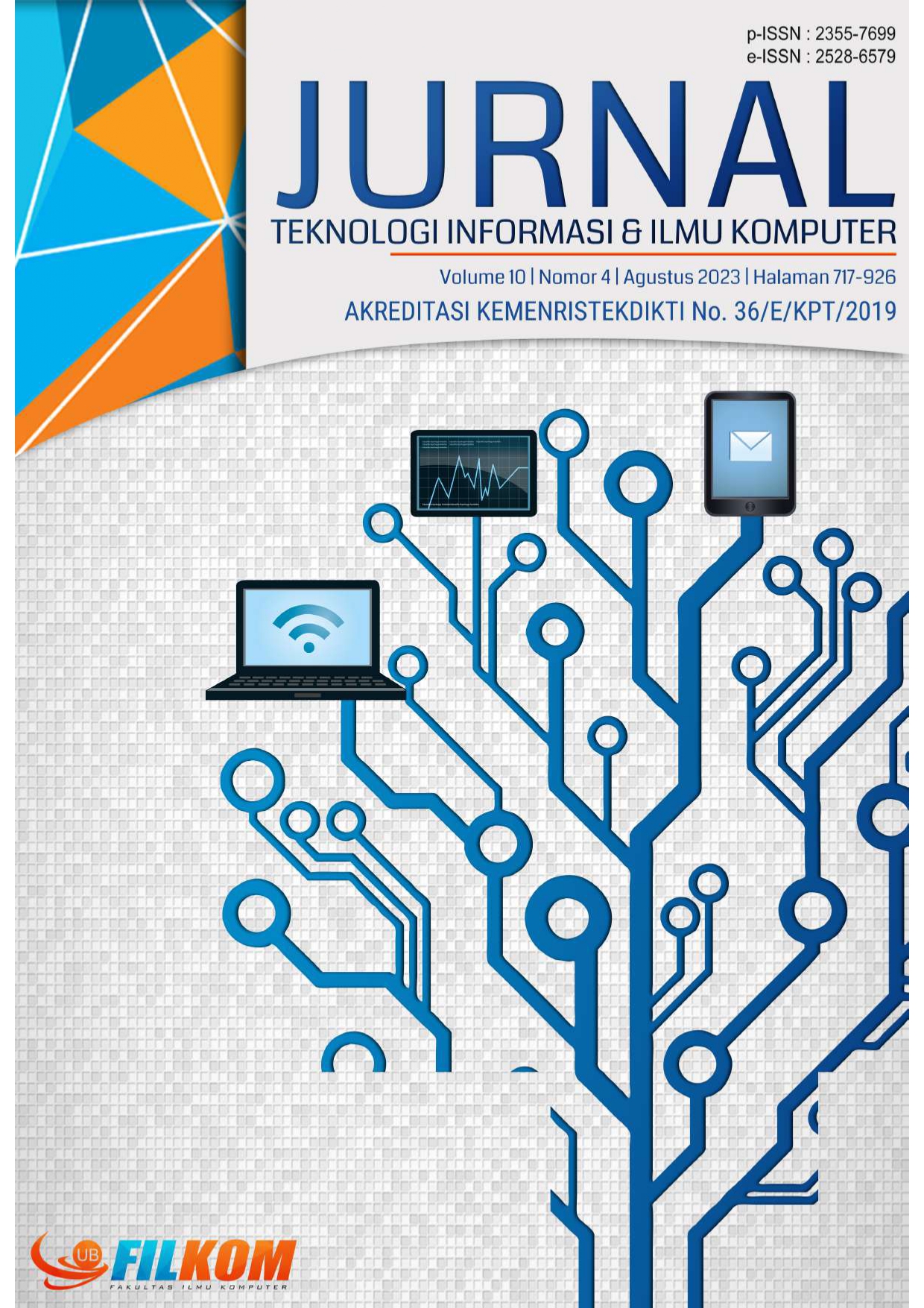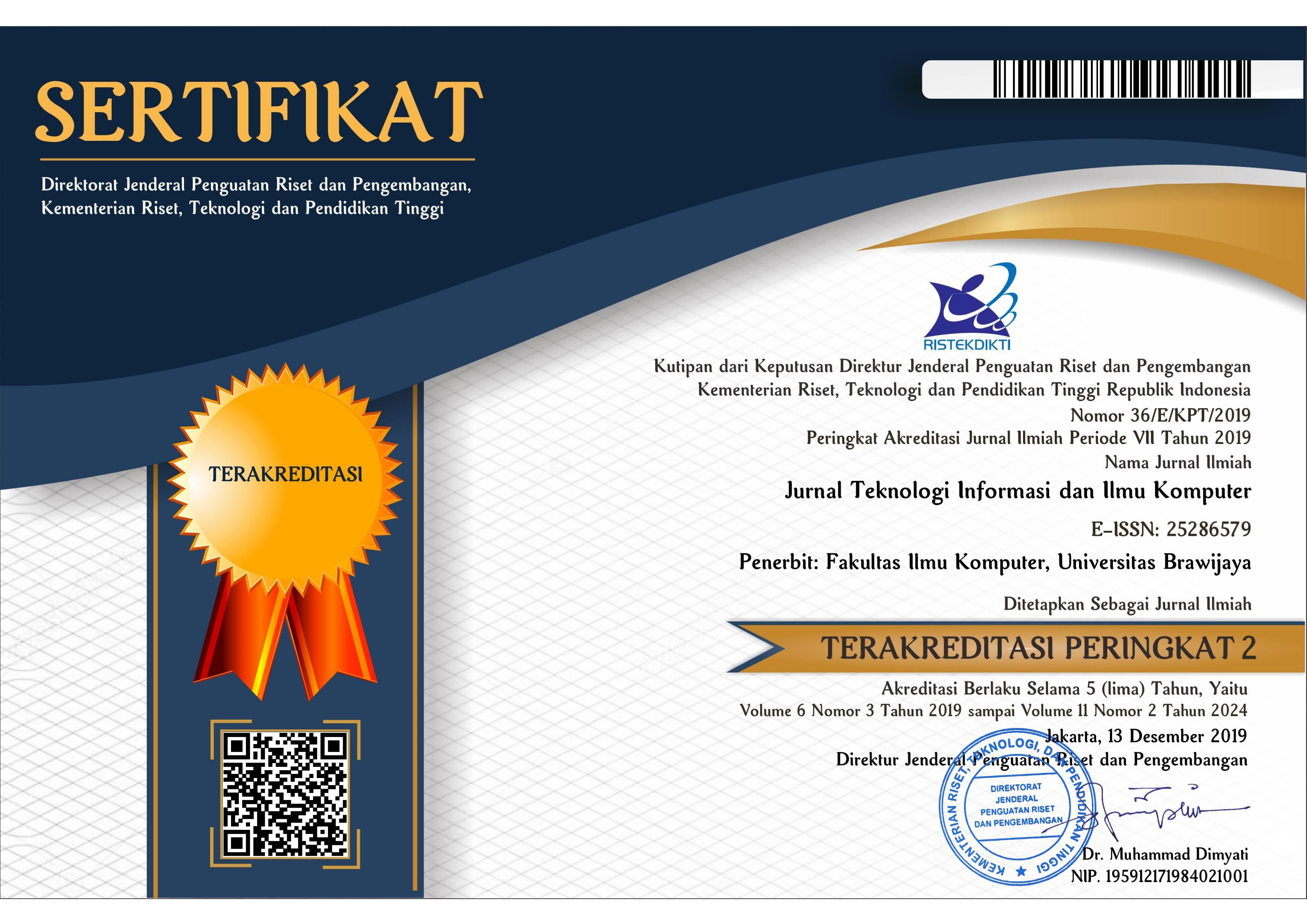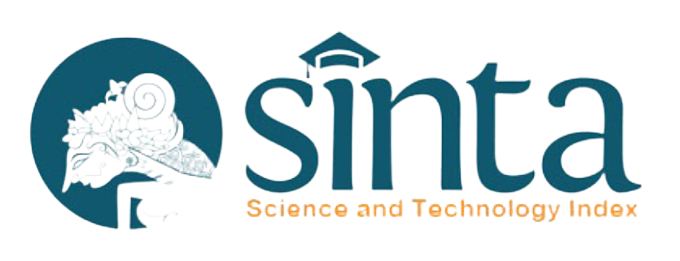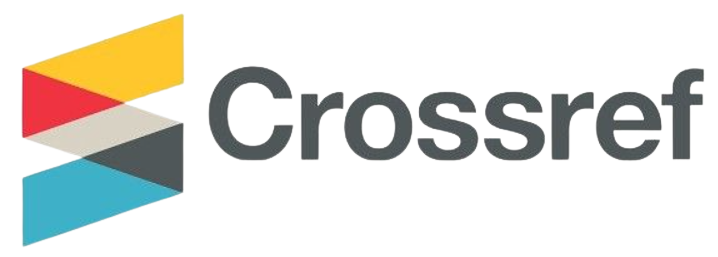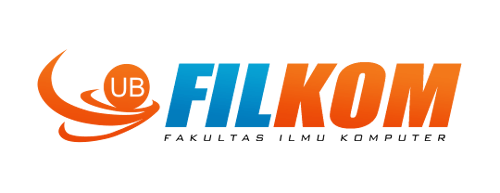Pengembangan Sistem Manajemen Pelatihan Kerja di Kota Surakarta
DOI:
https://doi.org/10.25126/jtiik.2024107167Abstrak
Program pelatihan kerja di Pemerintah Kota Surakarta yang ditawarkan oleh Dinas Tenaga Kerja, Dinas Pendidikan, Dinas Perdagangan, Dinas Pemberdayaan Perempuan, Perlindungan Anak dan Pemberdayaan Masyarakat dan Dinas UMKM Koperasi & Industri. Saat ini beberapa instansi pemerintah yang memiliki program pelatihan kerja yang sama masih menggunakan sistem konvensional. Data pengangguran diambil melalui dari Dinas Sosial Kota Surakarta dikirim melalui media sosial WhatshApp sehingga terjadinya tumpang tindih data pengangguran dan pelaksanaan pelatihan kerja. Instansi yang terlibat dalam program pelatihan kerja belum memiliki rencana strategis dan beberapa proses bisnis dilakukan secara manual. Melihat kondisi permasalahan tersebut maka dibutuhkan suatu perencanaan pengembangan sistem pada instansi pemerintah (dalam hal ini Dinas terkait) sistem informasi dianalisis dan dirancang dengan metode prototyping, merupakan bagian proses untuk membagikan program pelatihan kerja di setiap dinas terkait merealisasikan tujuannya. Untuk dapat menerapkan perencanaan yang mengintegrasikan dan menyinkronkan data menjadi sarana Pemerintah Kota Surakarta dapat mengelola sistem manajemen pelatihan kerja. Dari hasil penelitian ini melalui pengujian dengan metode black box untuk mengukur efisiensi, akurasi, validitas data dan kegunaan sistem manajemen pelatihan kerja untuk memastikan tidak terjadinya kembali tumpang tindih data.
Abstract
Job training programs in the Surakarta City Government are offered by the Department of Manpower, the Office of Education, the Office of Commerce, the Office for Women's Empowerment, Child Protection and Community Empowerment, and the Office for MSME, Cooperatives, and Industry. Several government agencies with the same job training program are still using the conventional system. The response data was taken through the Surakarta City Social Service and sent via WhatsApp social media so that there was an overlapping of the response data and the implementation of job training. The agencies involved in the job training program do not yet have a strategic plan and some business processes are carried out manually. Seeing the condition of the problem, it is necessary to have a system development plan for government agencies (in this case the related Office). Information systems are analyzed and designed using the prototyping method, which is part of the process for distributing job training programs in each Service related to utilization. To be able to implement planning that integrates and synchronizes data becomes a means for the Surakarta City Government to manage a job training management system. the results of this study through testing with the black box method for efficiency, accuracy, data validity, and the use of job training management systems to ensure data overlap does not occur again.
Downloads
Referensi
ALFERK, SCHR.J, 2004. Software Engineering Education Needs Adequate Modeling Tools. Malang: ABC Press.
AUER M, TSCHURTHENDER T, BIFFL S., 2003. Modeling Tool for Software Development”. In Heterogeneous Environment.
AZHAR SUSANTO, MEIRYANI., 2019. System Development Method with The Prototype Method: International Journal of Scientific & Technology Research Volume 8.
B.B. AGARWAL. S.P, TAYAL M, GUPTA., 2010. Software Engineering & Testing Jones and Barlett.
CARRILLO DE GEA, J.M. NICOLAS, J, FERNÁNDEZ ALEMÁN, J.L. TOVAL A, EBERT. C and VIZCAÍNO., 2012. “Requirement engineering tools: Capabilities, survey and assessment,” Information and Software Technology.
CONNOLLY.,2010. “Database Systems: A Practical Approach to Design, Implementation, and Management,” 5th Edition. America: Pearson. Education.
GIBRAIL ISLAM, TIM STORER.,2020. “A Case study of agile software development for safety-Critical systems projects”, the University of Glasgow 18 Lily bank Gardens Glasgow, Lanarkshire G12 8QQ United Kingdom.
Juhani Livari.,2005. “An Empirical Test of The DeLone – McLean Model of Information System Success, The Database for Advance in Information System (DFA),” Vol. 35, no 2.
KHALED, L., 2009. “A Comparison between UML tools,” In 2 International Conference on Environmental and Computer Science, ICECS.
M. TEGUH PROHANDOYO., 2018. “Unified Modeling Language (UML) Model Untuk Pengembangan Sistem Informasi Akademik,” Web Jurnal pengembangan IT (JPIT), Vol.03, No.01.
OGEDEBE, P.M, JACOB, B.P., 2012. “Software Prototyping: A Strategy to Use When User Lacks Data Processing Experience. Journal of Systems and Software,” Vol 2, No 6.
PERATURAN PRESIDEN nomor 36 tahun 2016 tentang Single Data. Jakarta: Kementrian Sekretariat Negara Republik Indonesia.
SATZINGER, JACKSON, BURD., 2012. “System Analysis and Design in Changing World”.
SUBHIYAKTO, E.R, KAMALRUDIN, M., SIDEK, S., S. AHMAD, S., 2014. “Customization of Requirements Modeling Tools for Software Engineering Education,” International Symposium on Research in Innovation and Sustainability.
Unduhan
Diterbitkan
Terbitan
Bagian
Lisensi

Artikel ini berlisensi Creative Common Attribution-ShareAlike 4.0 International (CC BY-SA 4.0)
Penulis yang menerbitkan di jurnal ini menyetujui ketentuan berikut:
- Penulis menyimpan hak cipta dan memberikan jurnal hak penerbitan pertama naskah secara simultan dengan lisensi di bawah Creative Common Attribution-ShareAlike 4.0 International (CC BY-SA 4.0) yang mengizinkan orang lain untuk berbagi pekerjaan dengan sebuah pernyataan kepenulisan pekerjaan dan penerbitan awal di jurnal ini.
- Penulis bisa memasukkan ke dalam penyusunan kontraktual tambahan terpisah untuk distribusi non ekslusif versi kaya terbitan jurnal (contoh: mempostingnya ke repositori institusional atau menerbitkannya dalam sebuah buku), dengan pengakuan penerbitan awalnya di jurnal ini.
- Penulis diizinkan dan didorong untuk mem-posting karya mereka online (contoh: di repositori institusional atau di website mereka) sebelum dan selama proses penyerahan, karena dapat mengarahkan ke pertukaran produktif, seperti halnya sitiran yang lebih awal dan lebih hebat dari karya yang diterbitkan. (Lihat Efek Akses Terbuka).

